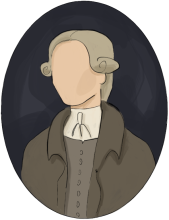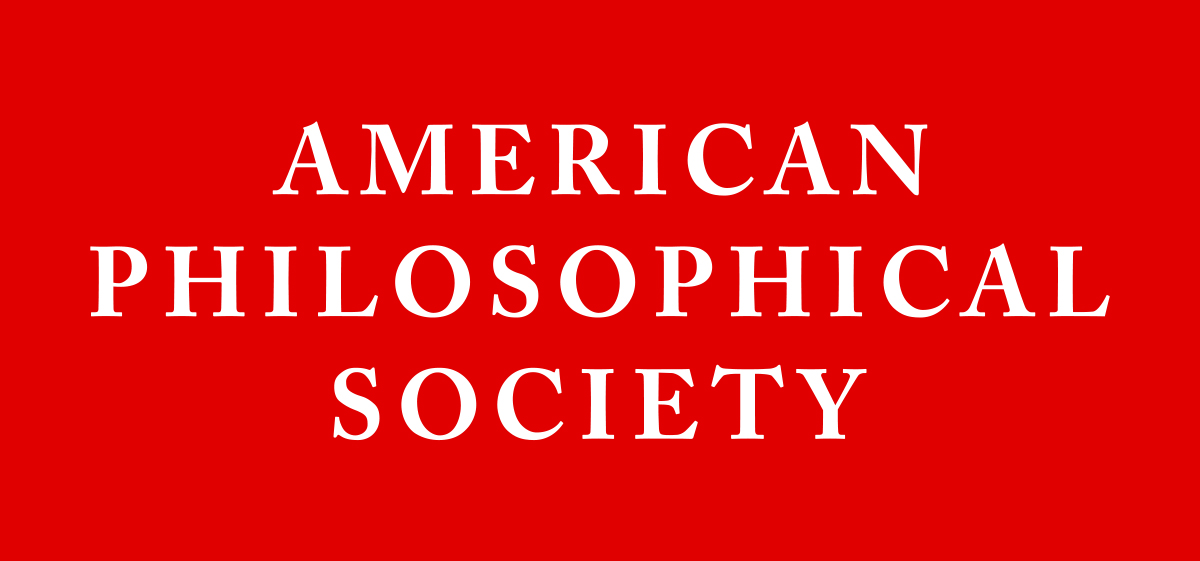Andrew Oliver (149)
Election date: 1768Elected to the American Society.

Andrew Oliver (28 March 1706–3 March 1774) was a public officeholder, merchant, and a member of the American Philosophical Society via his 1768 election to the American Society.* Born in Boston to a wealthy and politically connected family, he earned his A.B. (1724) and M.A. (1727) from Harvard College and, with his brother, formed a mercantile business. After winding his way through multiple small public posts, he served in the Massachusetts House of Representatives (1743–46) before the governor named Oliver the Secretary of the Province (1755/56–71). These were crucial years for Oliver. He had the misfortune of being named by the Crown (without his knowledge) the appointee to collect the Stamp Act taxes (1765); worse, he miscalculated—he did not immediately disavow the appointment, which led to (correct) suspicions he planned to enforce this new (and to many colonials, unconstitutional) form of direct taxation. Before daybreak on August 14, 1765, before the Stamp Act even went into effect, an increasingly well-liquored mob hanged, ceremonially stamped upon, then ignited Oliver’s effigy; they obliterated a new building they surmised would be his Stamp Office and later attacked and looted his home. He publicly renounced the appointment immediately. In 1770, he took up a loyalist position in the investigation of the Boston Massacre. But with Oliver’s continued attachment to Thomas Hutchinson, who rose to governor (1770/71), Oliver rebounded and ascended to lieutenant governor. Yet some letters from both men, lauding the Crown’s attempts to restore authority and cheering the arrival of British regulars, fell inexplicably before Benjamin Franklin, the Massachusetts Assembly’s Agent in London—he forwarded them back to Boston where their presentment to and publication by the House of Representatives electrified the city. Oliver’s wife soon died, and then so too Oliver; the Sons of Liberty cheered as the grave was closed.
* There is some question whether he, or his son Andrew Oliver (e. 1773)—or both—were elected to the APS in about the same timeframe; details on the confusion appear in Whitfield J. Bell, Jr, Patriot-improvers; Biographical sketches of members of the American Philosophical Society, (Philadelphia: American Philosophical Society, 1997), 1:514–15.
(PI, ANB, SHG)
